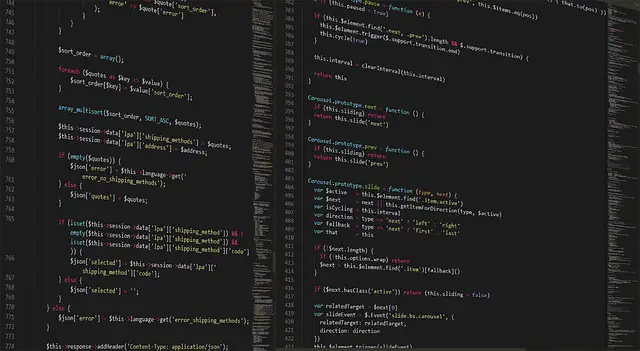The digital migration has brought with it a plethora of benefits. Marketing is easier now, and businesses can compete on a more level playing field. But on the flipside is a concern we cannot afford to ignore: cybersecurity. Cybercrime has not only become more prevalent, but it has also ceased being a large-corporation problem. Everyone, including startups, small businesses, and individuals, is a target now, meaning your gadget could very well be exposing you to threats.
While many people know this, only a few have a nodding acquaintance with the ramifications of data breaches. For individuals, hacked data can be used to commit illegal or illicit activities, while businesses may be locked out of data sets essential to daily operations. Here are three essential tips to help you protect yourself or your business from cybercriminals:
1. Use an Encrypted Network
When browsing the internet and accessing various networks, your traffic is often unencrypted. This means your activity is exposed to both internet service providers and hackers who can reduce your internet speeds or use your data for malicious activities.
A VPN locks hackers out of your communication tunnel and ensures only the targeted recipients can access your data. Details such as your passwords, Social Security number, and legal and medical information will all remain secure, and you can use public Wi-Fi and other risky connections without dreading data interceptions. What’s more, VPNs ensure that even if hackers lay their hands on your data, they wouldn’t be able to decrypt or make sense of it.
There are many VPN options available for your various devices, so ensure you perform in-depth research before subscribing to any service. If you are a greenhorn, consider going for an option that offers VPN free trial so you know exactly what you are committing to. Some VPNs are good on paper but do not deliver to expectations or may not be compatible with some devices.
2. Use Two-Factor Authentication (2FA)
Passwords and usernames remain the primary form of digital authentication. Users only need to ensure that no one knows their username and password, as that is the only avenue to unauthorized access. While this system has worked for decades, it isn’t foolproof. Humans, for one, are lazy and have bad memories. A study on more than 1.4 billion passwords found that a great deal of them were as simple as “password,” “qwerty,” “123456,” and “111111.” Any decent hacker can figure any of these out and access your account without breaking a sweat.
Two-factor authentication doesn’t necessarily save you the need to create strong passwords, but it gives you an extra security level in case someone figures out your password. For example, if you use your phone as the second layer, the hacker will need to have both your login credentials and your phone to access your account, which, at the very least, is a wearisome process.
3. Use Up-to-Date Software
Hackers in the most advanced bracket use security flaws or vulnerabilities in software programs or operating systems to write code that targets those vulnerabilities. The code is incorporated in malicious software or malware and dispatched to users of the software. Mostly, users will be lulled into viewing a rogue website, playing infected media, or opening a coded message, which will potentially give attackers access to the user’s account, files, or device. When an attacker has control over your device, they can secretly monitor your activities, waiting for a chance to pounce, or encrypt your files and lock you out of your data.
It so happens that most of these vulnerabilities occur in old software versions, which hackers have spent enormous amounts of time scrutinizing and understanding. New software versions provide not only new features but also security patches, which protect users from flaws that hackers already know about. By keeping your software updated, you minimize your chances of being hacked and enhance your data security.
Conclusion
Cybercrime is here to stay. Since it is impossible to keep away from the internet and other digital systems, there is a need to protect oneself while maneuvering these risky platforms. Above are some of the most workable ways to enhance your data safety. Use them to create a security regimen and boost your peace of mind while browsing the internet or using software.

